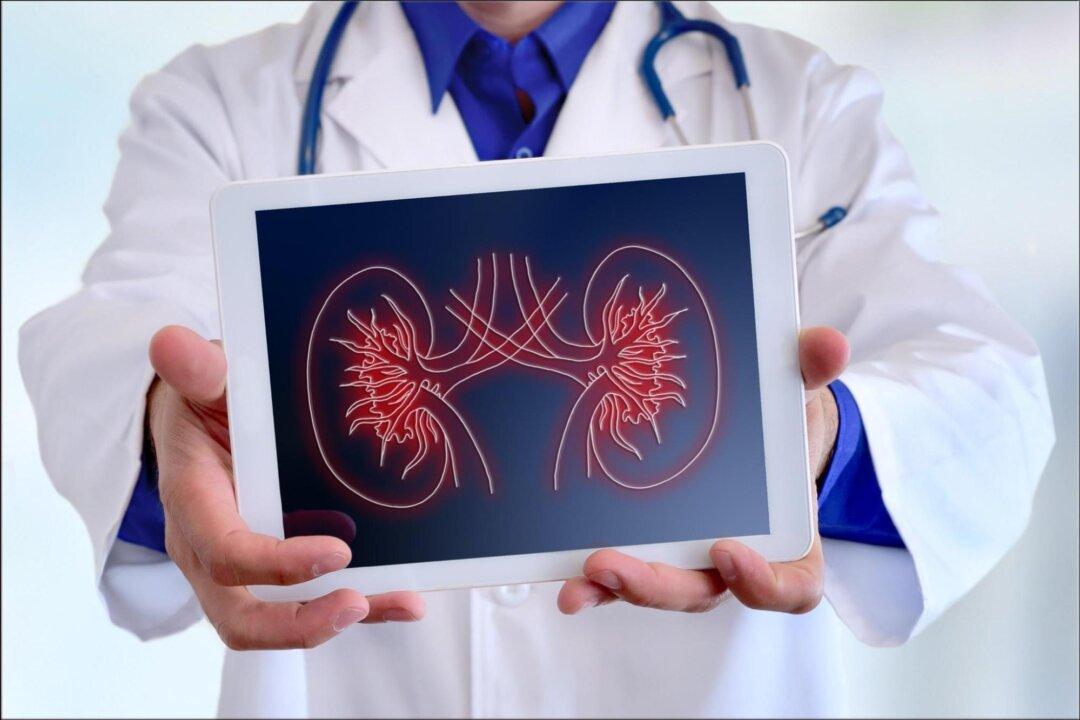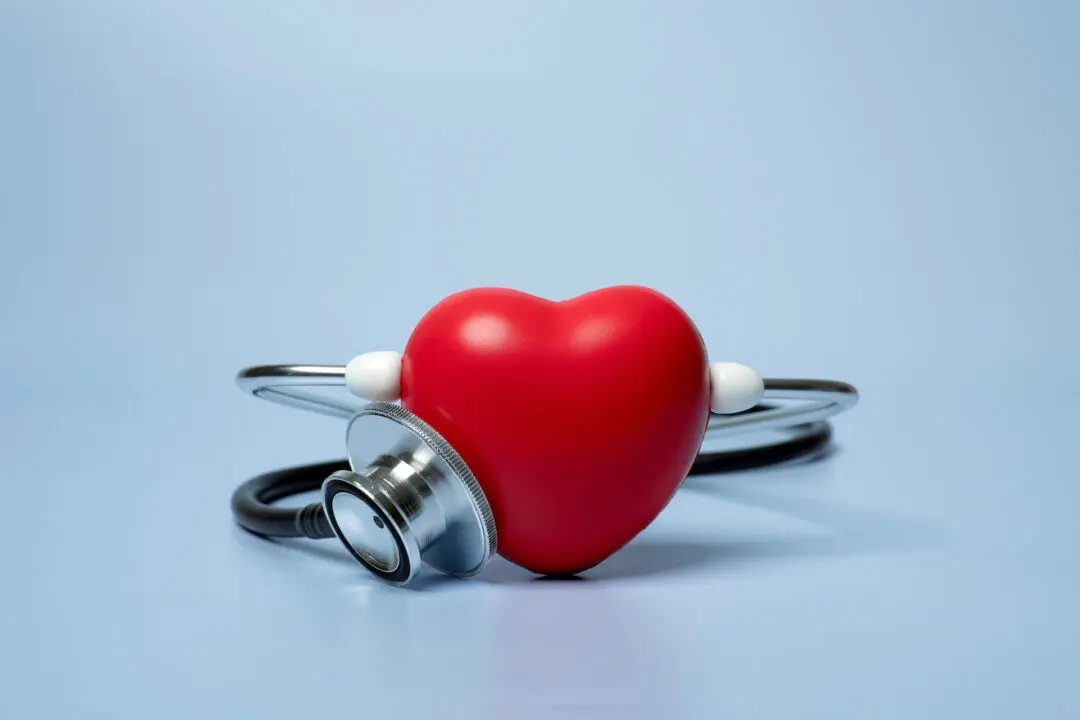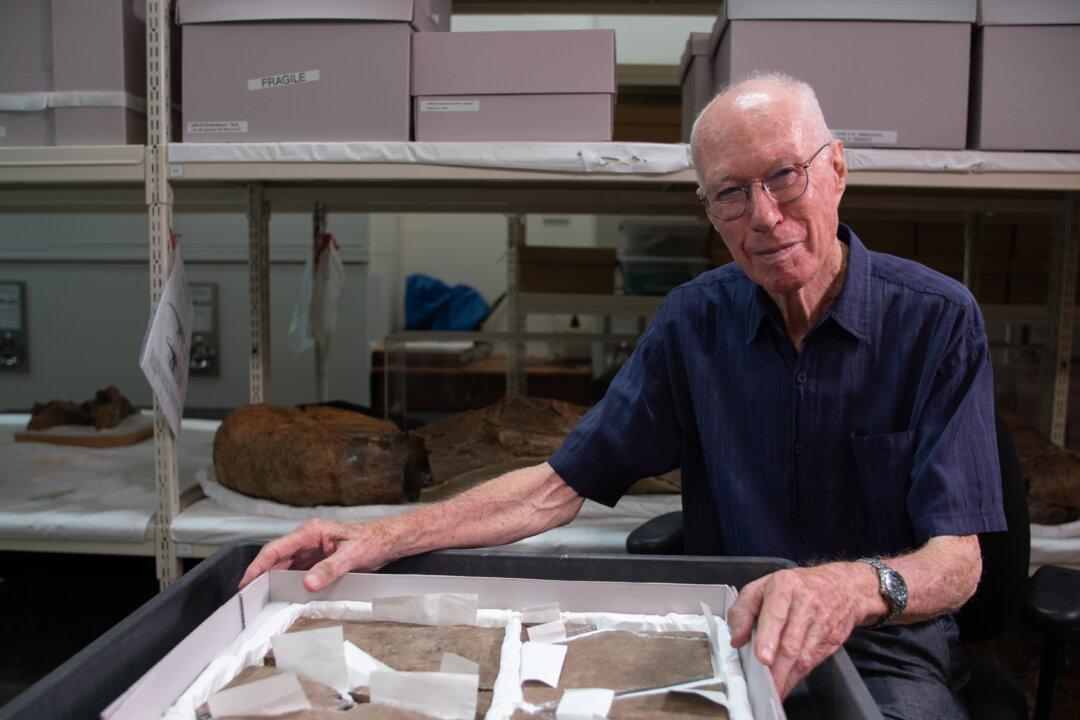
The kidney is an important detoxification organ of the human body and is crucial to human health. Davizro Photography/Shutterstock
When Optus executive Shailendra Tripathi started experiencing headaches after work, he initially dismissed them as the result of work stress.
A healthy lifestyle and no history of drinking or smoking led him to believe the symptoms were nothing serious.




